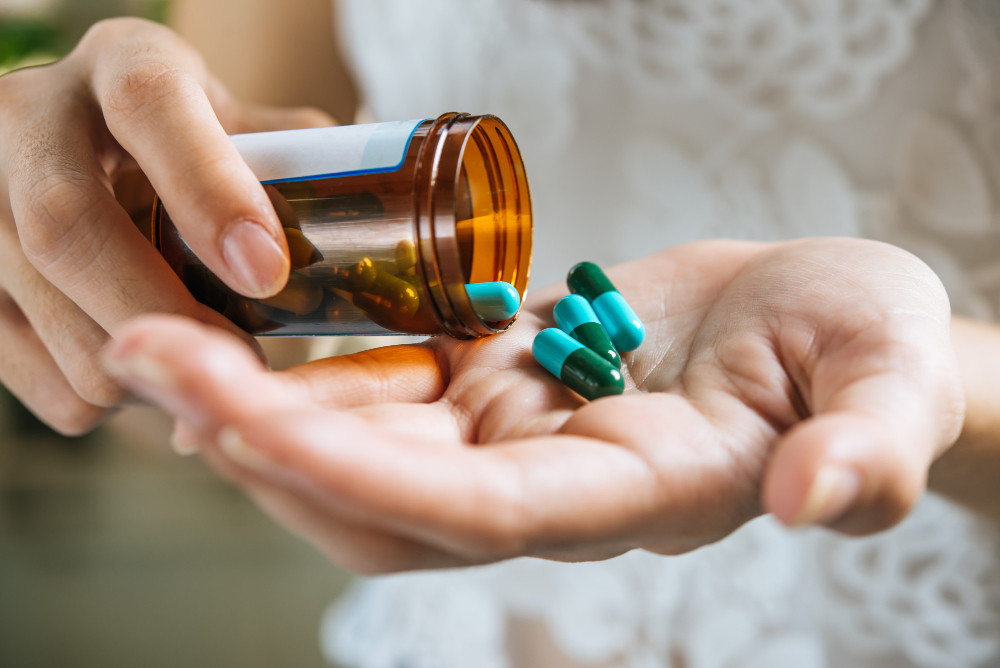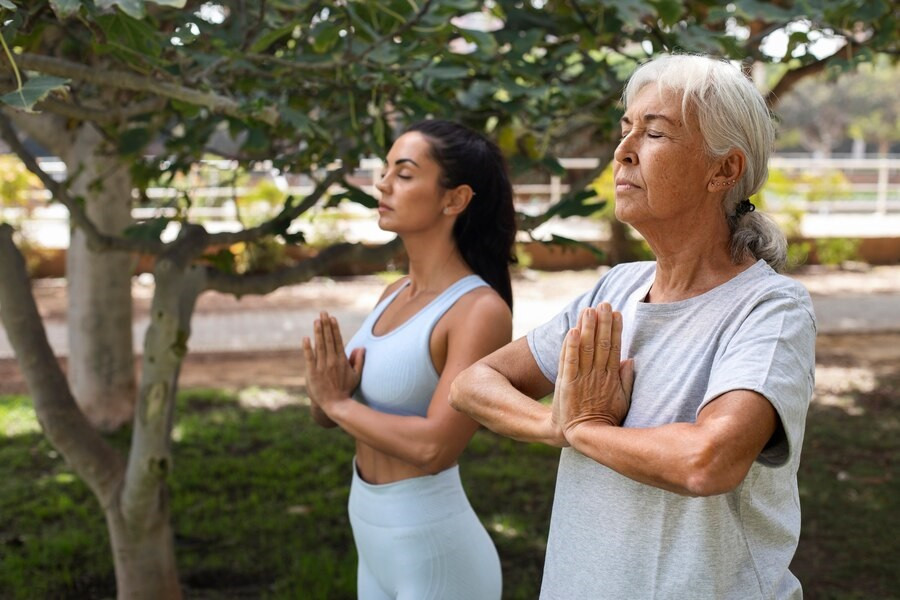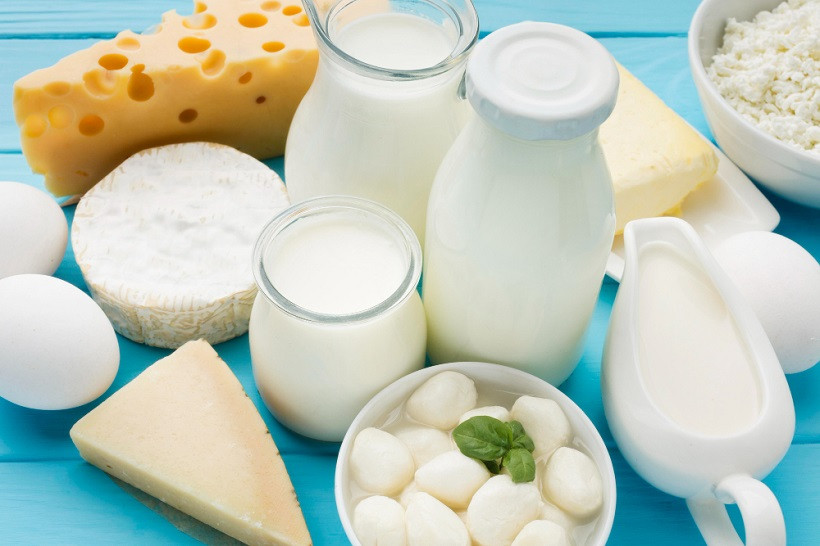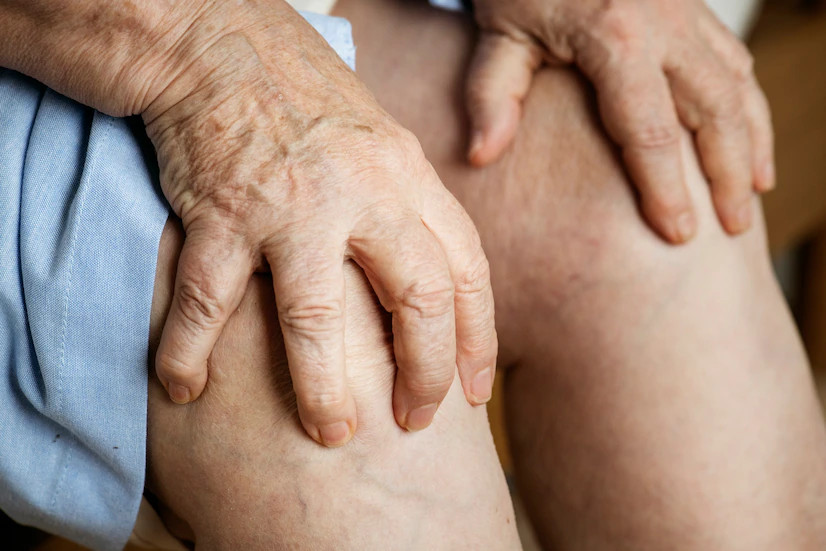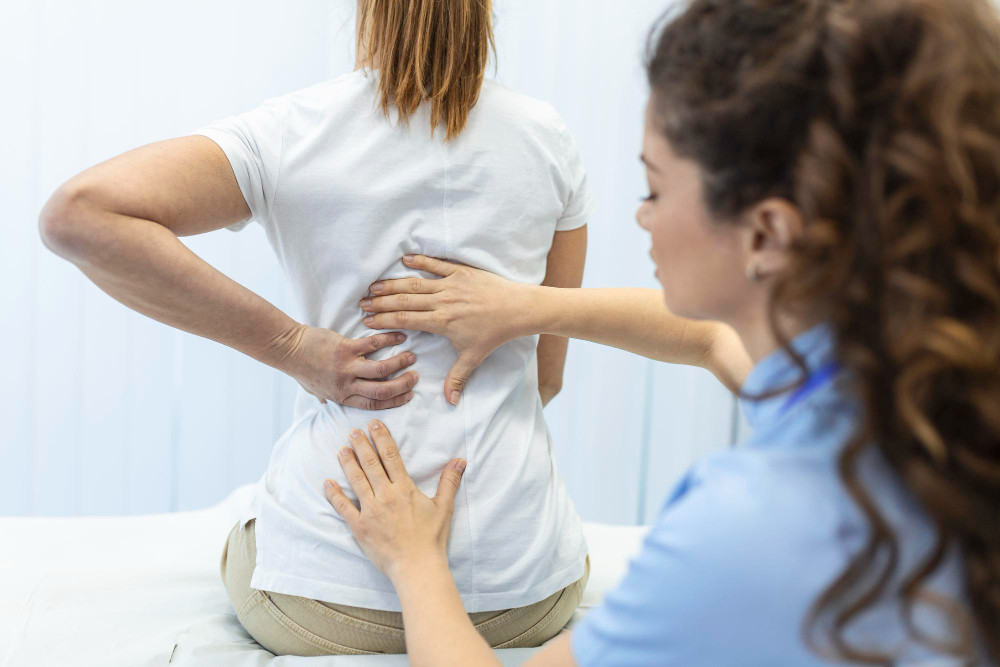Osteoporosis is a condition where bones experience decreased density so that they are more easily brittle and weak. Osteoporosis is mostly experienced by menopausal women, but many young adult women also experience it. To prevent osteoporosis and maintain bone strength, you can take supplements that strengthen bones.
Osteoporosis Supplements
Osteoporosis is a progressive disease that affects bone density and quality. People with osteoporosis have a high risk of fractures and can experience a reduced quality of life.
Human bones are actually constantly repairing themselves in a cycle of breaking down and reforming. This process is known as bone remodeling. During this process, bones need an adequate supply of nutrients, so taking certain supplements is thought to help prevent bone loss from getting worse.
Some supplements recommended for osteoporosis include:
Calcium
About 99% of the calcium in the human body is stored in our skeleton. Calcium is an important mineral for bone tissue and bone strength. Every day the human body needs about 700–1200 mg of calcium per day, with the need increasing with age. In pregnant and lactating women, calcium requirements may also change,
Although the need for calcium is important for human bone strength, studies on the need to consume calcium to prevent osteoporosis show different results. One study showed that taking calcium and vitamin D can reduce the risk of bone fractures. However, other studies have shown that taking calcium is not associated with fracture risk.
Before taking calcium supplements, you should consult your doctor about the need for calcium supplements. To meet your daily calcium needs, you can fulfill them by eating calcium-rich foods such as broccoli, chicken, edamame, sardines, and anchovies.
Read more: Sama-Sama Menyerang Tulang, Ketahui Beda Arthritis dan Osteoporosis
Vitamin D
To increase calcium absorption, the body needs adequate vitamin D intake. In addition to helping calcium absorption, vitamin D is also needed to regulate bone turnover.
A study revealed in 400 elderly people who developed osteoporosis were more likely to have vitamin D deficiency. Of those people who were vitamin D deficient, it was found that people who took vitamin D supplements had a lower risk of experiencing incidents of osteoporosis.
To fulfill your need for vitamin D, you can get it through sunbathing in the sun and eating foods rich in vitamin D such as fatty fish and processed foods such as cereals or vitamin D-fortified milk.
Magnesium
Magnesium is an essential mineral that is involved in more than 300 reactions in your body. It is also essential for bone health, as about 60% of this mineral is found in bone tissue.
A study shows that people who consume magnesium from both natural sources and supplements have better bone density than people who take small amounts of supplements. Nonetheless, no studies have been found to support evidence that taking magnesium supplements can reduce the risk of bone density.
Read more: 6 Kebiasaan Ini Tanpa Disadari Dapat Memicu Osteoporosis
Vitamin K
Vitamin K plays an important role in maintaining bone strength and preventing bone breakdown. Low levels of vitamin K are often associated with an increased risk of fractures and low bone density.
Taking vitamin K is known to protect bone density and reduce the risk of fractures, but it is inconclusive whether vitamin K supplements protect bone health. For this reason, experts recommend meeting vitamin K needs from natural sources such as green leafy vegetables, broccoli, and cuciwis.
For those of you who have a high risk of osteoporosis, you should consult your doctor about the need for supplements for daily consumption. If you can fulfill your bone nutritional needs from natural ingredients, your doctor may not require you to take supplements.
If you need medical advice or consultation, you can either visit a doctor or make use of the consultation features that are available in the Ai Care application by downloading the Ai Care application from the App Store or Play Store.
Looking for more tips and information regarding health, first aid, or home remedies? Cek di sini, ya!
- dr. Monica Salim
McGrane, K. (2021). Can Supplements Help Manage or Prevent Osteoporosis?. Available from: https://www.healthline.com/nutrition/osteoporosis-supplements#vitamin-d
Cooper, T. (2023). What to know about osteoporosis supplements. Available from: https://www.medicalnewstoday.com/articles/osteoporosis-supplements#
Cleveland Clinic. Osteoporosis: Prevention With Calcium Treatment. Available from: https://my.clevelandclinic.org/health/articles/15049-osteoporosis-prevention-with-calcium-treatment
WebMD. Slideshow: Super Foods for Your Bones. Available from: https://www.webmd.com/osteoporosis/ss/slideshow-superfoods-for-your-bones

